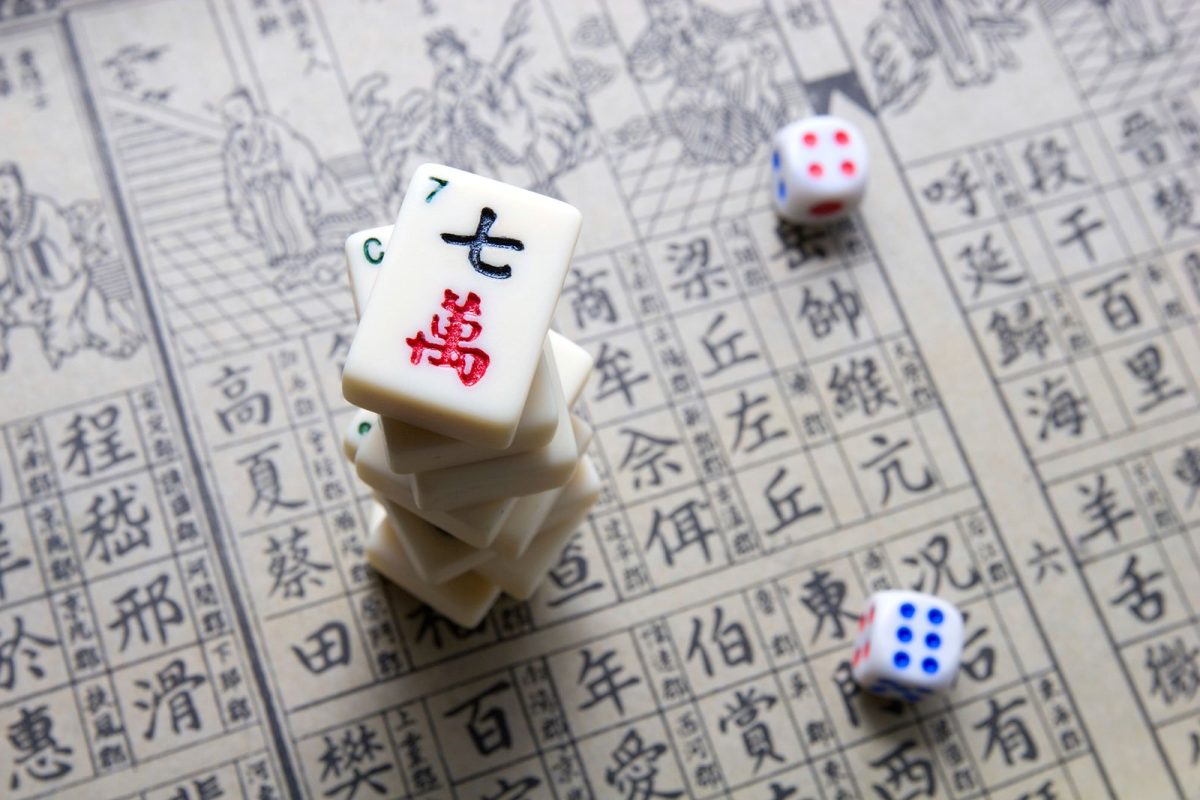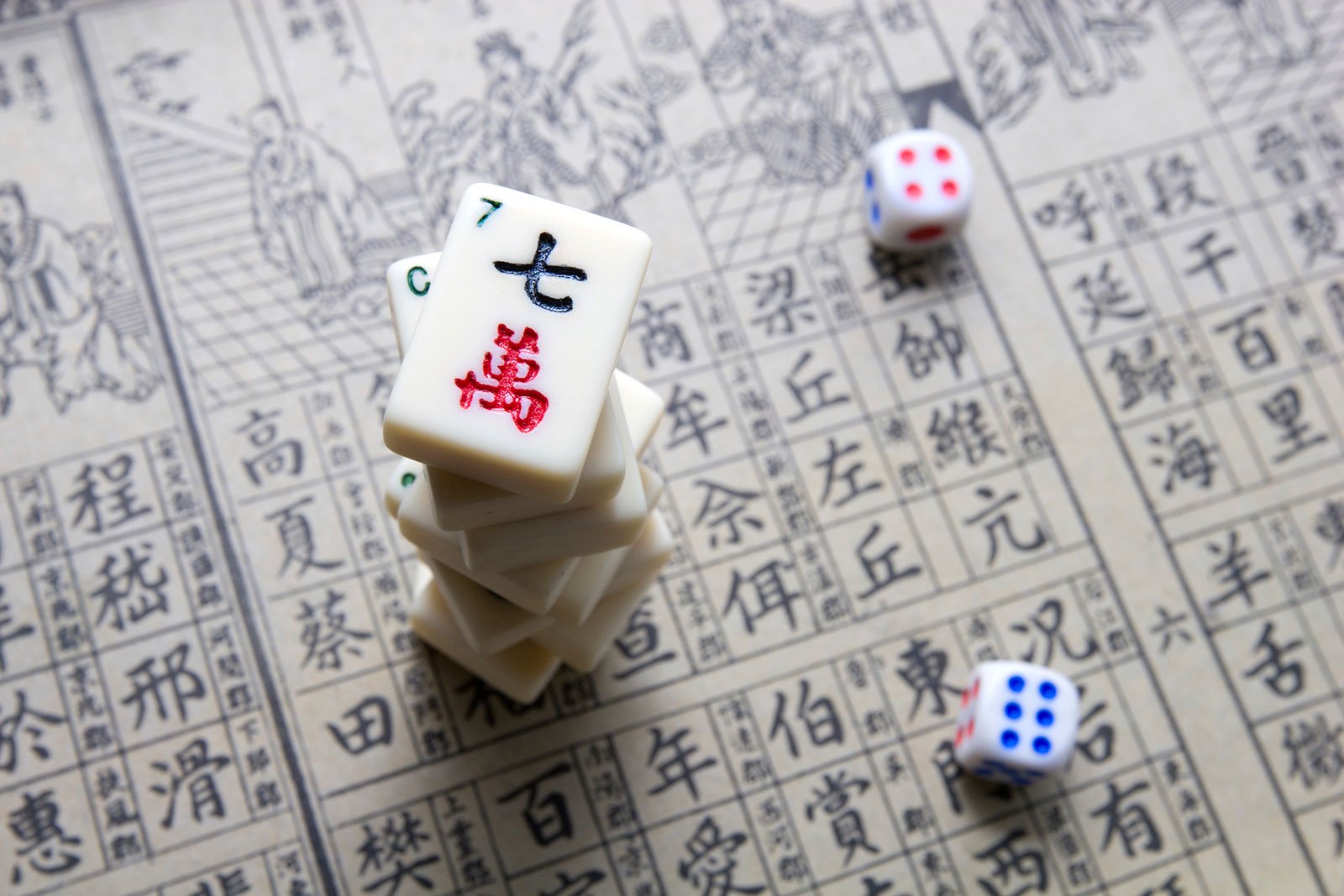Mahjong is one of the most well-known and widely played traditional tile-based games in the world. With deep historical roots in Chinese culture, it has evolved into many different variations and is enjoyed both recreationally and competitively. Many new players, however, wonder if Mahjong is a suitable game for beginners. While Mahjong does have a strategic element that may seem complex at first, it is also an exciting and rewarding game that anyone can learn with practice.
If you are new to the 8K8 Online Casino game and unsure whether it’s right for you, this guide will help break down the different aspects of Mahjong and explain why it can be a fun, engaging, and beginner-friendly game.

1. Understanding the Basics of Mahjong
For beginners, the complexity of Mahjong can seem intimidating, but once you understand the basic mechanics, it becomes much easier to follow. The game is played with 144 tiles, and the objective is to form specific sets or combinations before your opponents. A standard Mahjong set includes different suits such as Characters, Bamboo, Circles, Winds, Dragons, and Bonus tiles.
The core gameplay involves drawing and discarding tiles to complete a winning hand, which typically consists of four melds and a pair. Though there are variations in rules depending on the version of Mahjong being played (such as Chinese, Japanese Riichi, or American Mahjong), the fundamental mechanics remain similar.
While Mahjong does require memorization of tile symbols and rules, many beginners find that starting with a simpler version (such as Hong Kong Mahjong) makes learning the game more manageable.
2. Mahjong’s Learning Curve: Easy to Start, Hard to Master
One of the reasons Mahjong is beginner-friendly is that its basic rules can be learned quickly, yet the game still offers deep strategic complexity. New players can begin by understanding simple tile combinations and progressing to more advanced strategies over time.
Many online platforms offer Mahjong tutorials, beginner-friendly guides, and AI-assisted practice modes, making it easier for newcomers to grasp the rules and improve their skills. Unlike card games such as Poker, which require deep knowledge of betting and probability, Mahjong allows players to gradually develop their strategy without financial risk.
The key takeaway is that while Mahjong has a learning curve, it does not take long for a beginner to become comfortable with the game. With practice and experience, players can improve decision-making and tile-reading skills, making the game even more enjoyable over time.
3. Mahjong as a Social and Strategic Game
One of Mahjong’s greatest appeals is its social and strategic nature. The game is often played in groups, making it a fantastic way to interact with friends and family. Unlike many other casino-style games, Mahjong combines luck with skill, meaning that even beginner players can compete and win against experienced players if they make smart decisions.
Mahjong also teaches critical thinking, pattern recognition, and probability analysis, all of which can be useful in other strategy-based games. The ability to read opponents, anticipate their moves, and adjust your strategy accordingly makes Mahjong a mentally stimulating and rewarding experience.
4. Common Challenges for Beginners and How to Overcome Them
Despite its beginner-friendly aspects, Mahjong does come with some challenges that new players may face. The most common difficulties include:
- Memorizing the tile sets: The game has a large number of tiles, which can be overwhelming at first. However, with repeated play, recognizing patterns becomes easier.
- Understanding scoring rules: Different Mahjong versions have different scoring systems, and some hands offer bigger rewards than others. Beginners should start with a simple version before progressing to more advanced variations with complex scoring.
- Keeping up with fast-paced gameplay: Some Mahjong games require quick thinking and fast reactions. New players can practice solo against AI opponents before joining multiplayer games to build confidence.
The best way to overcome these challenges is practice and patience. Many experienced players started as beginners, and with time, they mastered the mechanics and strategies necessary to succeed.
5. Should Beginners Play Mahjong for Money?
While Mahjong is primarily a strategy-based recreational game, it is also popular in gambling settings, especially in Asian casinos. For new players, it is recommended to start with free games or low-stakes practice rounds before attempting to play for real money.
Mahjong involves a mix of skill and luck, meaning that newcomers may struggle against seasoned players in a competitive, money-based environment. However, if a beginner has practiced and understands the scoring system, they may enjoy playing for higher stakes and challenging more skilled opponents.
For those looking to explore other money-making strategy games, platforms like 8k8 offer a variety of skill-based casino games where players can test their strategic thinking while having fun.
Conclusion: Mahjong is Beginner-Friendly with the Right Approach
Mahjong is a game that anyone can learn, enjoy, and master over time. While it has a moderate learning curve, it is far from impossible for beginners to grasp. The combination of luck, strategy, and social interaction makes Mahjong an exciting and rewarding game, whether played casually with friends or in competitive settings.
For those interested in real-money games that combine skill and chance, 8k8 provides an excellent platform to explore casino games that offer entertainment and the potential for profit. Whether you’re a Mahjong enthusiast or a strategy game fan, 8k8 is the perfect place to elevate your gaming experience.

